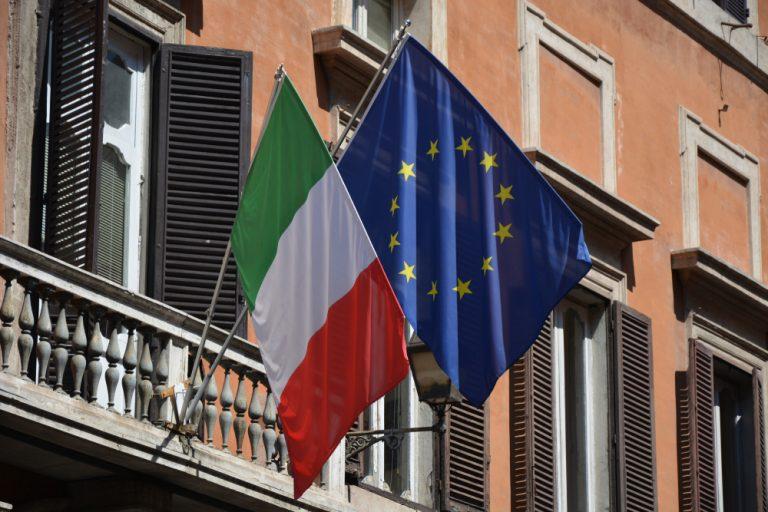
Italy’s budget has stirred backlash from the EU and investors. In fact, it could result in the country’s finance minister’s exit. In addition to the euro, Italian shares and government bonds have also dropped. This is following the Italian government’s agreement of a budget that will increase borrowing by more than expected.
The budget has agitated the financial market for several reasons. First, the Italian economy is the third largest in the Eurozone following Germany and France. Next, its banking system is facing deep fragility after two decades of poor economic growth. Finally, the country’s new populist government has a controversial agenda involving raising pensions and a basic income.
The government insists this will have “abolished poverty”.
Italy’s coalition government was formed earlier in June. It unites the anti-establishment Five Star Movement and the hard-right League. Moreover, the coalition government made an overnight agreement to set forth a budget deficit next year equalling 2.4% of Italian GDP.
But, the country’s finance minister, Giovanni Tria, had been promoting a 1.6%. Mr Tria remains unaffiliated to either party in the coalition.
Italian media have reported that the finance minister was persuaded by the president not to resign following Italy’s budget.
Following the news, the yield on 10-year government bonds rose above 3%. Moreover, the Milan stock exchange dropped by over 2% earlier today. Indeed, a handful of banks saw a decline of at least 5%.
Despite being under the EU’s deficit limit of 3% of GDP, the news has caused controversy. Italy is indeed the third-largest economy in the Eurozone but debt currently stands at 131% of national output. This makes Italy’s government debt second to Greece.
Italy’s populist government rose to power through the promise of tax cuts, new social welfare policies and improved pensions. In fact, a minimum basic unemployment income is predicted to cost €10 billion alone. All these programmes have a very high price.
Luigi Di Maio, deputy prime minister and leader of the Five Star party, insists that:
“We, in a decisive manner, with this budget law, will have abolished poverty”.
